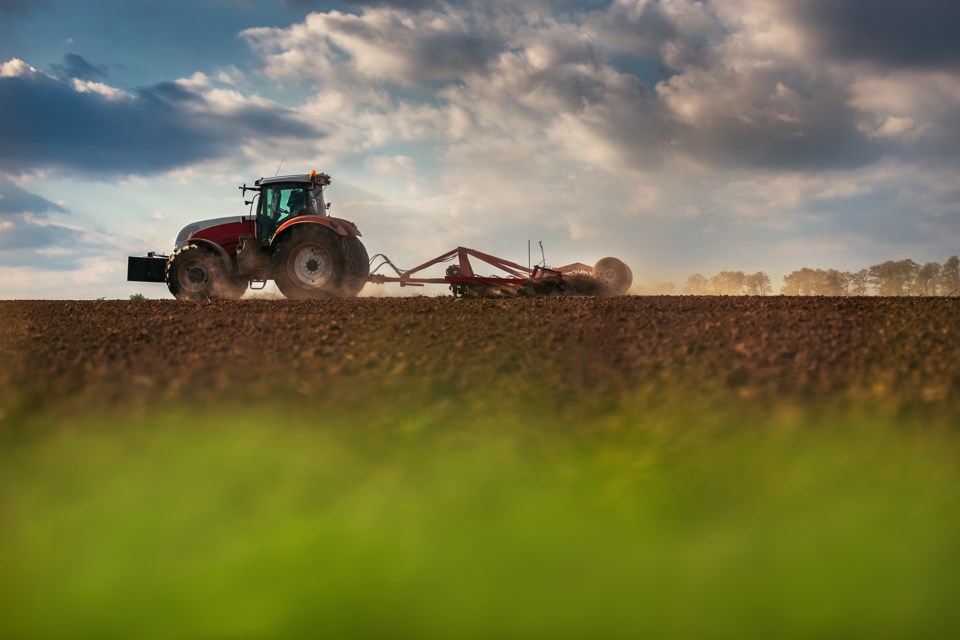Canada's farmers are in serious need of mental health help, says a new University of Guelph study.
The study, which surveyed 1,100 farmers across the country, showed that farmers have higher levels of stress, anxiety, depression, emotional exhaustion and burnout than among other groups.
Not only do they need help, they want it, said Professor Andria Jones-Bitton of the U of G's Department of Population Medicine.
"We're talking about a population that has a number of characteristics that set them apart from the stressors that most of us face," Jones-Bitton said in an interview.
Not only unique stressors, but ones they have little or no control over, such as weather, markets, government regulations and disease outbreaks
"When we have control over something it can alleviate stress quite a bit. When there's uncertainty there it's a whole other ball game."
Using a variety of established mental health screening tools used to measure the responses, the survey found 45 per cent of survey respondents had high levels of stress. Another 58 percent were classified with varying levels of anxiety, and 35 percent with depression.
Canadian farmers are also more stressed than those living and working elsewhere, Jones-Bitton said.
Overall, that’s two to four times higher than farmers studied in the United Kingdom and Norway, Jones-Bitton said.
Not only do farmers suffer from more mental health issues, they also struggle to cope with them for a variety of reasons.
"We're talking about people that work in socially isolated environments," Jones-Bitton said.
"There's not a lot of people around most of the day and the nature of farming for many individuals ... it's also a family business. There's not really 'leaving work at the end of the day' and that also has implications with taking a break or self-care."
There are also issues related to being stigmatized in the community.
"There is a perceived stigma within the agriculture population ... what some producers have shared with me is that within their culture mental illness can be perceived as a sign of weakness and as a sign of poor work ethic.
"If people perceive that's how they are going to be perceived, then that's an additional barrier."
Forty per cent of respondents said they’d feel uneasy getting professional help “because of what people might think.”
Another 31 per cent said seeking professional help could stigmatize a person’s life. Fewer than half believe there is adequate mental health support from the industry.
Comments from farmers included in the survey support the findings.
"We are not invincible, but we feel we must be," said one farmer.
"What makes me the most upset is that I have everything I dreamed of – love, family and a farm – and all I feel is overwhelmed, out of control and sad,” said another.
Phase II of Jones-Bitton's work involves a collaboration with researchers, farmers, industry, medical professionals and government to come up with solutions to the problem.
“We need to do something,” she says. “Farmers want help, and we’re going to find ways for them to receive it,” she said.
